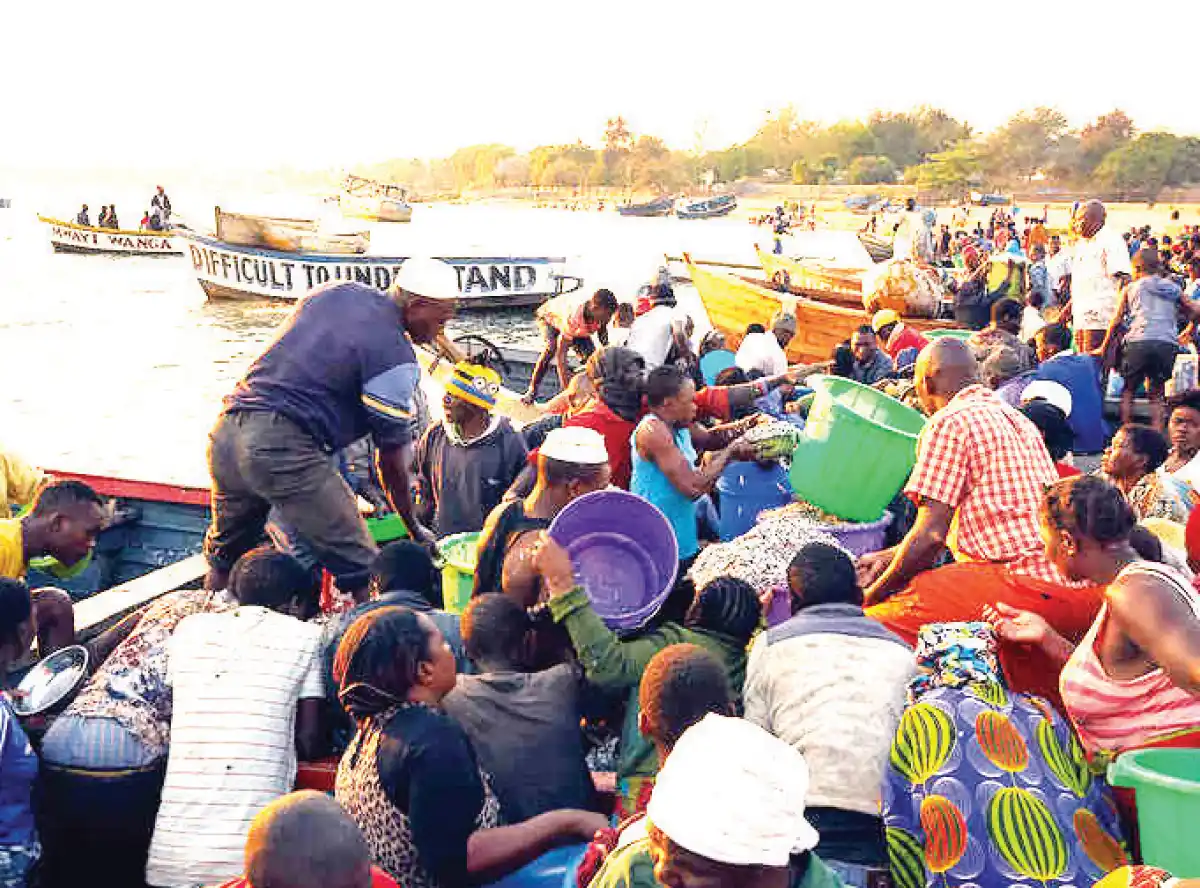
The rise in the number of small-scale fishers joining the trade is making it difficult for fisheries officials to monitor their compliance during the closed and normal fishing seasons.
Principal Fisheries Officer for Mangochi, William Chirwa, said that there are over 3,000 small-scale fishers and another 50 registered commercial fishers who ply their trade between Mangochi and Salima.
Chirwa said that, with these numbers, it becomes difficult for officers to patrol the lakes and ensure that the fishers are complying with the regulations for their trade.
“However, we have not encountered many challenges with commercial fishers because we have installed tracking devices in their trawlers to monitor their movements.
“But we cannot track the movement of all the small-scale fishers due to the disparity between population and the available workforce,” he said.
Chirwa, however, said his office is working with beach village committees (BVCs), which were established under various projects being implemented in the district to help promote the sustainable use of fisheries resources.
He said, through a Sustainable Fisheries, Aquaculture Development and Watershed Management project, which has been implemented in Mangochi and other lakeshore districts, the BVCs were equipped with sanctuary preservation and management knowledge to allow fish to breed in their natural environment.
“We also received mobility support, which has made it easier for us to coordinate our activities,” Chirwa said.
Principal Fisheries Research Officer Salimo M’balakau said the various interventions in the fisheries sector are bearing the desired results, following the reemergence of some fish species that were almost extinct.
M’balakau explained that, with several activities underway, there are indications that the quality and quantity of fish will improve if all the interventions are sustained.
This, he said, would also translate into increased economic benefits for people involved in the fisheries sector.
“We have breeding sanctuaries that were established in some parts of the lake. These are being protected by local committees with our support.
“It is encouraging to note that even the fishers themselves are now able to notice the gains that are being registered,” he said.
In Malawi, the fisheries sector is a source of income for over 85,000 people who are directly involved in the fish business.
Meanwhile, fish remains the major source of protein for over 80 percent of Malawians, according to research.






0 Comments